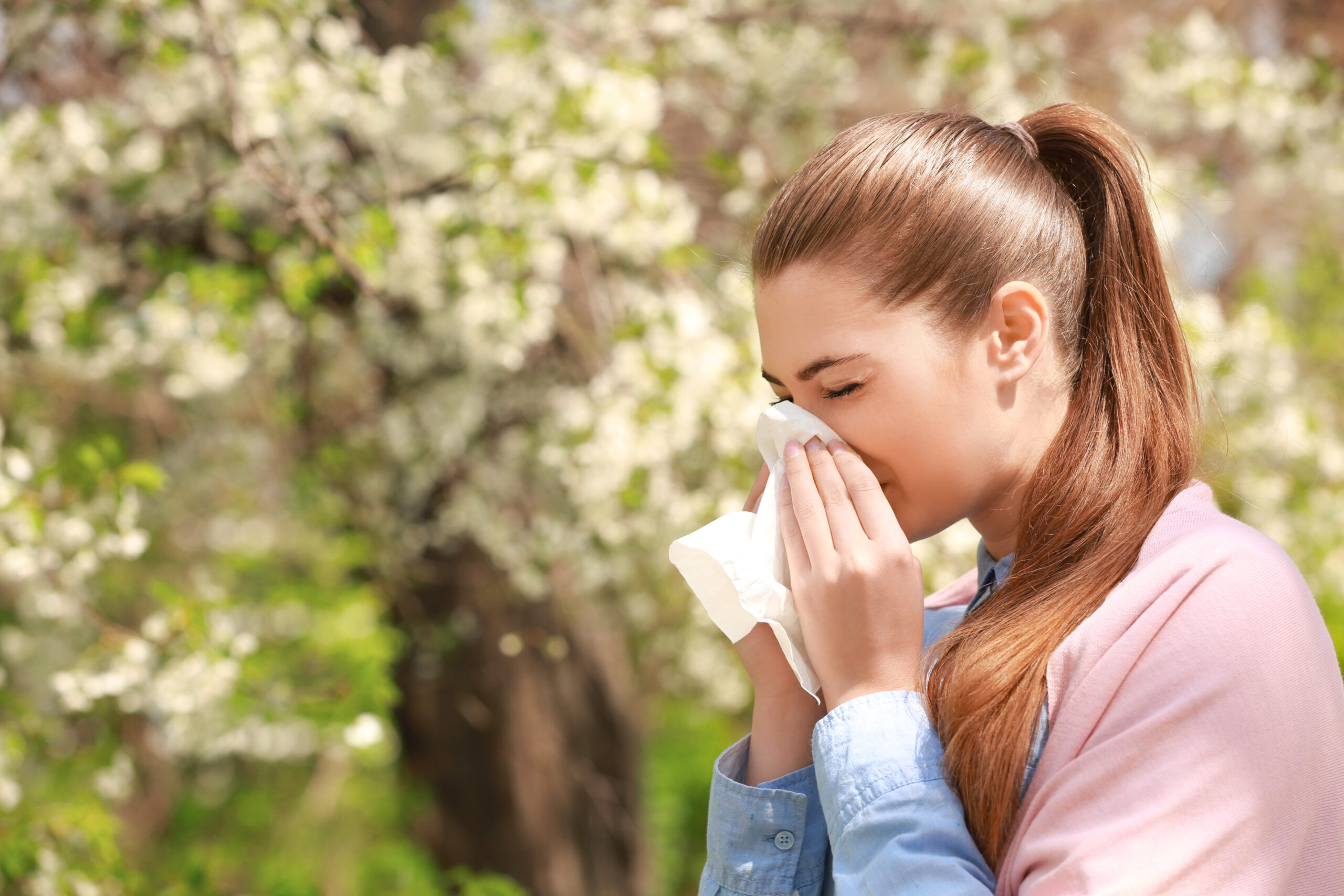Question
« Les allergies sont de plus en plus fréquentes. Selon l’OMS, 50 % de la population mondiale pourrait être touchée d’ici 2050. Qu’il s’agisse d’allergies alimentaires, aux pollens ou aux acariens, elles représentent toutes un défi de plus en plus important pour le système de santé publique.
Une étude du Luxembourg Institute of Health (LIH), dont les résultats ont été publiés en septembre 2023, conclut que plus de 42% des participants à l’étude souffrent d’une allergie. La catégorie des 25-34 ans est particulièrement touchée. Cela indique que le mode de vie moderne a une influence sur l’apparition d’allergies.
Dans ce contexte, j’aimerais poser les questions suivantes à Madame la Ministre de la Santé et de la Sécurité sociale :
- Le ministère de la Santé dispose-t-il de chiffres concrets sur l’incidence des allergies au Luxembourg ? Dans l’affirmative, quelles sont les allergies les plus fréquemment diagnostiquées ? Comment le nombre de personnes allergiques a-t-il évolué au cours des dix dernières années ?
- Madame la Ministre, n’est-elle pas d’avis qu’une sensibilisation au thème des allergies et de la prévention des allergies serait utile ?
- Quelles mesures pourraient être prises, notamment dans une perspective de médecine environnementale, pour prévenir l’apparition d’allergies ?
En réponse à la question parlementaire N°8044 du 31 mai 2023, la ministre de la Santé de l’époque a répondu qu’une application prévue sur l’abondance de pollen au Luxembourg devrait être fonctionnelle pour la saison 2024.
- À quel stade de développement se trouve cette application et quand les personnes allergiques au pollen pourront-elles l’utiliser ? »






